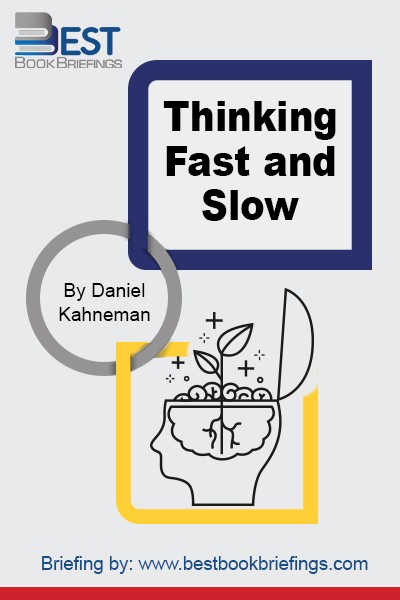Thinking Fast and Slow
Number of pages: 512
Publisher: Farrar, Straus and Giroux
BBB Library: Psychology and Strengths, Personal Success
ISBN: 9780374275631
Editorial Review
Engaging the reader in a lively conversation about how we think, Kahneman reveals where we can and cannot trust our intuitions and how we can tap into the benefits of slow thinking. He offers practical and enlightening insights into how choices are made in both our business and our personal lives-and how we can use different techniques to guard against the mental glitches that often get us into trouble.`
Book Reviews
Books on Related Topics
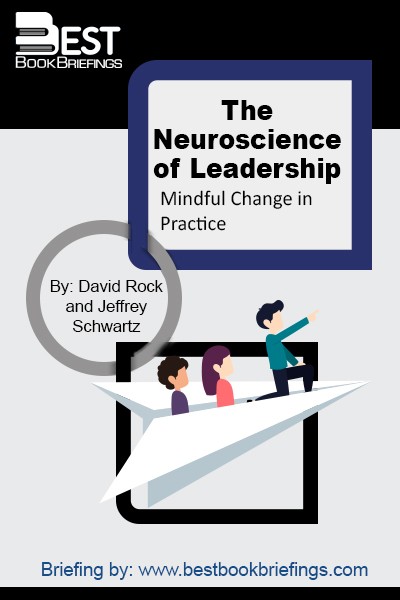
Businesses everywhere face this kind of problem: success isn’t possible without changing the day-to-day behavior of people throughout the company. But changing behavior is hard, even for individuals, and even when new habits can mean the difference between life and death. So what about changing the way a whole organization behaves?
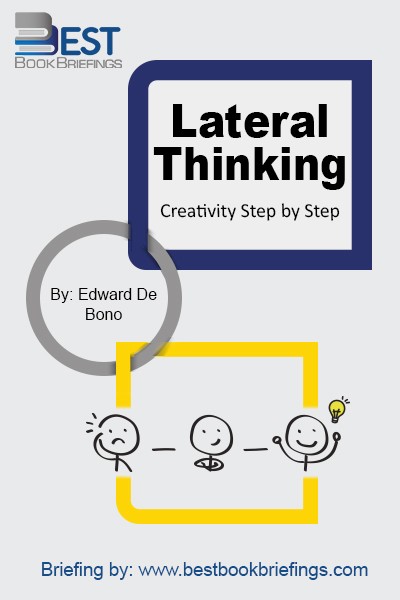
Lateral thinking is the ability to think creatively, or outside the box, as it is sometimes referred to in business, to use your inspiration and imagination to solve problems by looking at them from unexpected perspectives. The term was promulgated in 1967 by Edward de Bono. According to him, lateral thinking
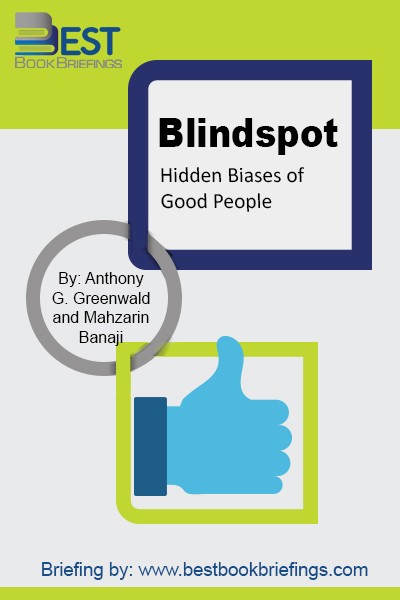
We tend to think that when we make our own decisions, we do them fairly. We think that we understand the way our minds work and that we are the ones in control. But psychologists beg to differ. In this summary of Mahzarin R. Banaji and Anthony G. Greenwald book, Blindspot,
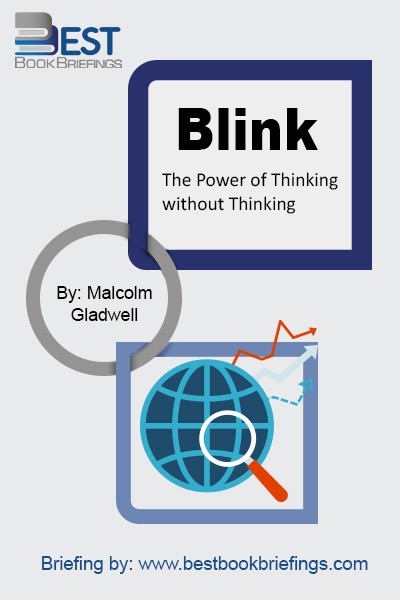
Blink is a book about how we think without thinking, about choices that seem to be made in an instant-in the blink of an eye-that actually aren’t as simple as they seem. Why are some people brilliant decision makers, while others are consistently inept? Why do some people follow their instincts
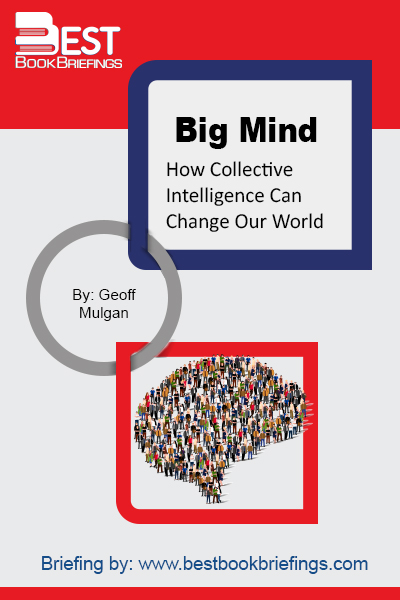
Collective intelligence is the capacity of groups to make good decisions—to choose what to do, and who to do it with—through both human and machine capabilities. The ways intelligence is organized are fractal in nature with similar patterns occurring on multiple scales, from groups of friends to organizations and whole societies. Understanding
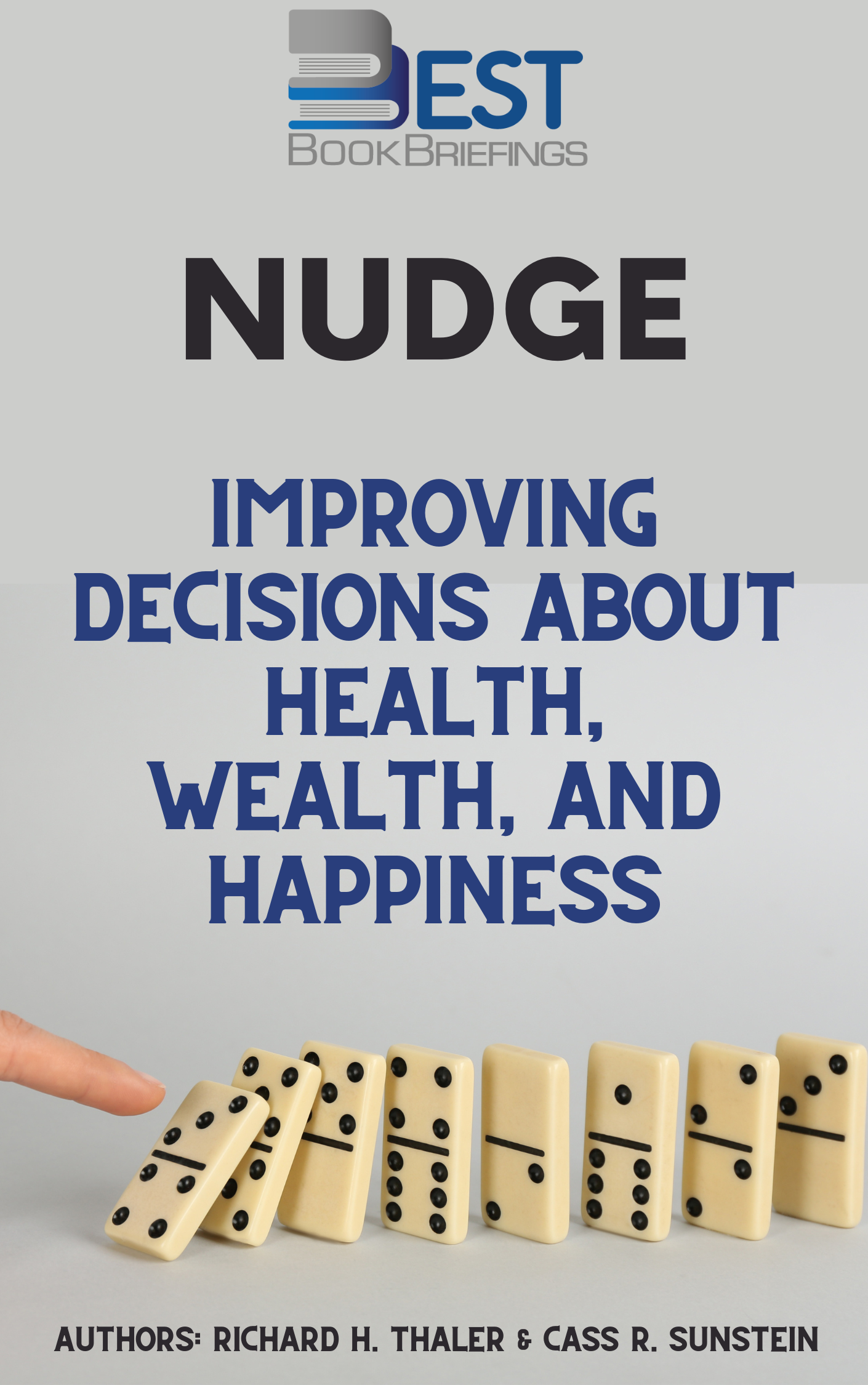
Nudge is about choices—how we make them and how we're led to make better ones. Authors Richard H. Thaler and Cass R. Sunstein offer a new perspective on how to prevent the countless bad mistakes we make in our lives—including ill-advised personal investments, consumption of unhealthy foods, neglect of our natural
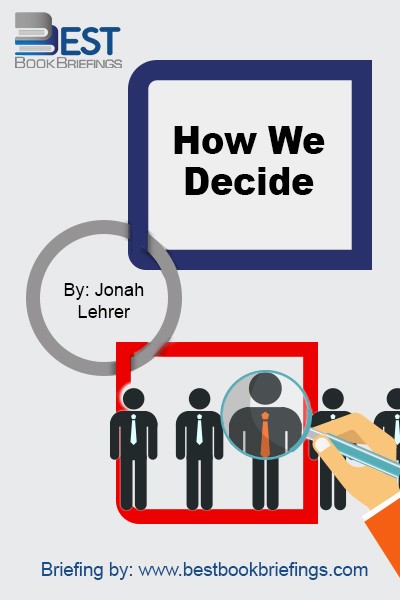
Whenever someone makes a decision and tries to be reasonable and restrained, the brain is awash in feelings, driven by its inexplicable passions. These emotions secretly influence our judgment. Naturally, these feelings sometimes can lead us astray and cause us to make all sorts of predictable mistakes. To make good decisions, God
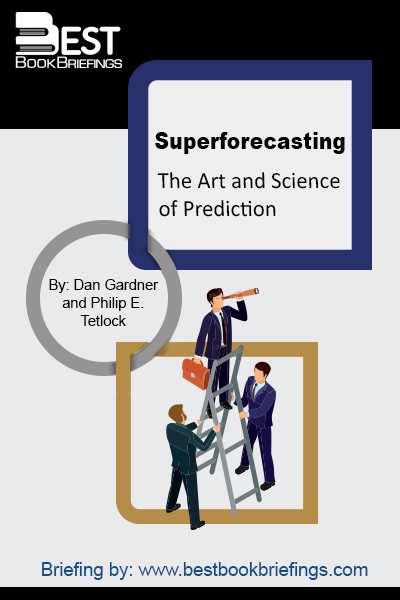
Philip E. Tetlock and his research and life partner Barbara Mellers launched the Good Judgment Project and invited volunteers to sign up and forecast the future. Big as it was, the Good Judgment Project (GJP) was only part of a much larger research effort sponsored by the Intelligence Advanced Research Projects
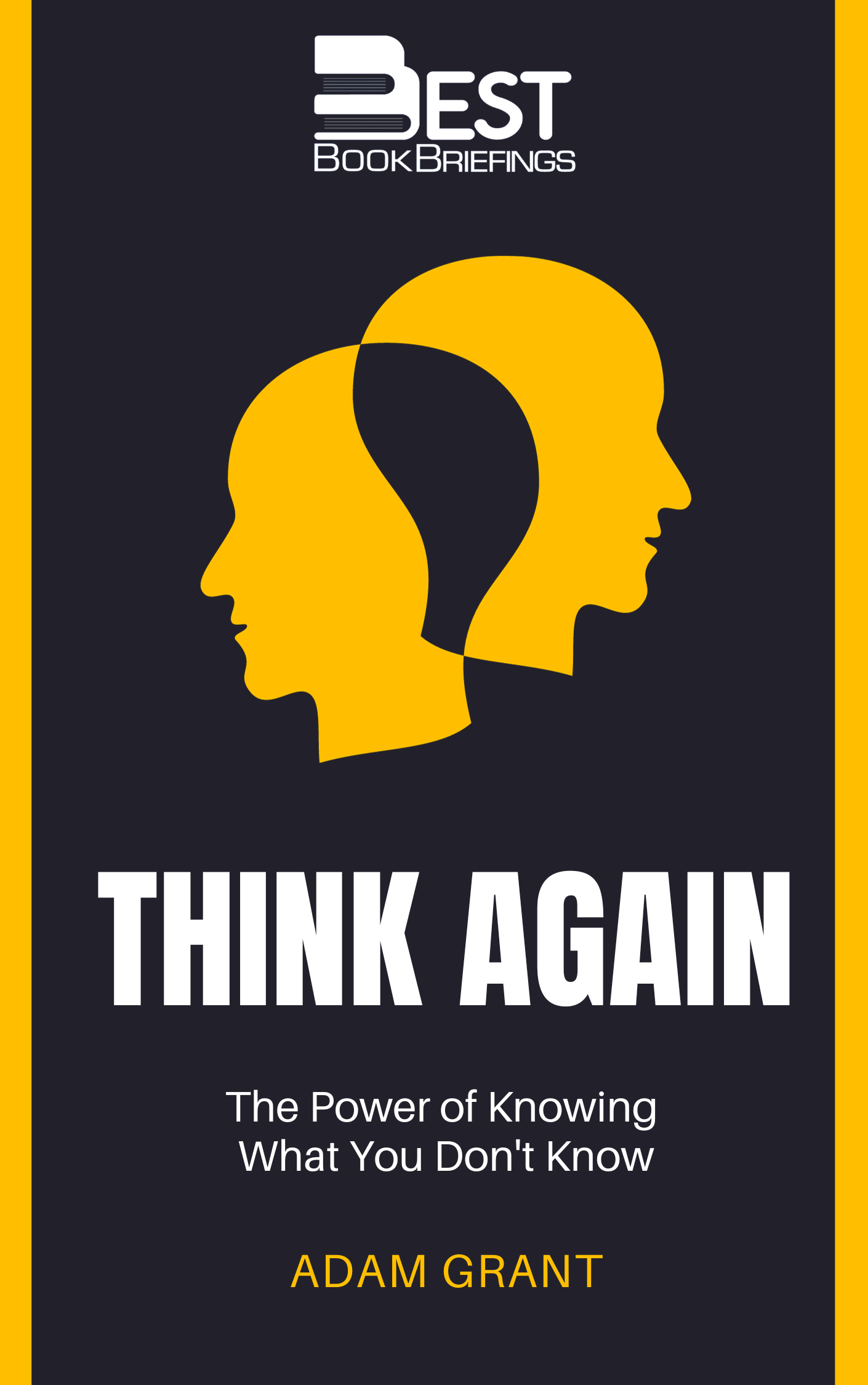
Intelligence is usually seen as the ability to think and learn, but in a rapidly changing world, there's another set of cognitive skills that might matter more: the ability to rethink and unlearn. In our daily lives, too many of us favor the comfort of conviction over the discomfort of doubt.
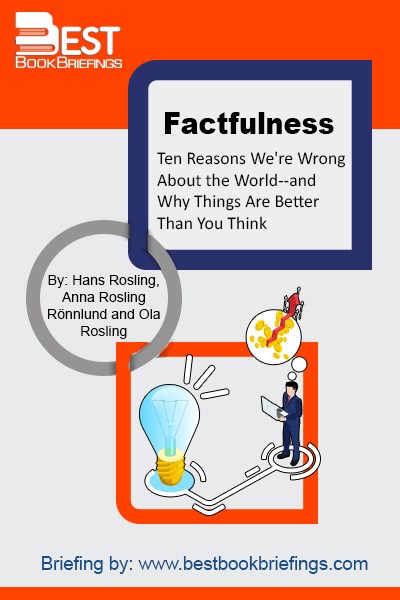
In Factfulness, Professor of International Health and global TED phenomenon Hans Rosling, together with his two long-time collaborators, Anna and Ola, offers a radical new explanation of why this happens. They reveal the ten instincts that distort our perspective-from our tendency to divide the world into two camps (usually some version

